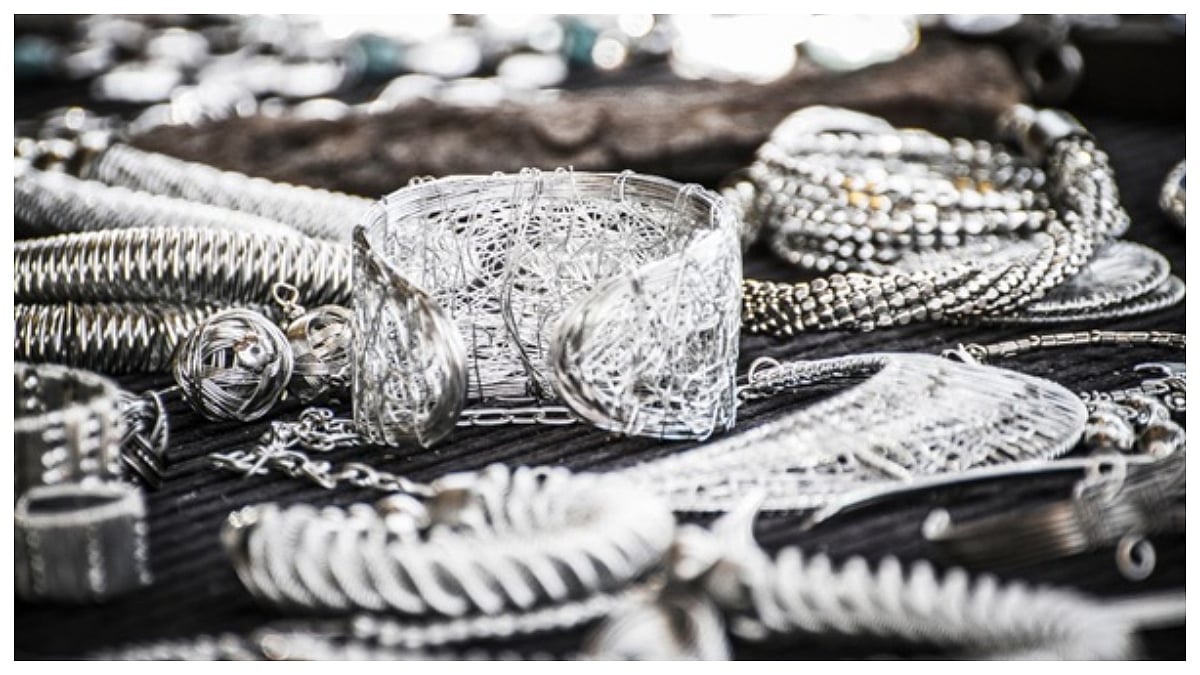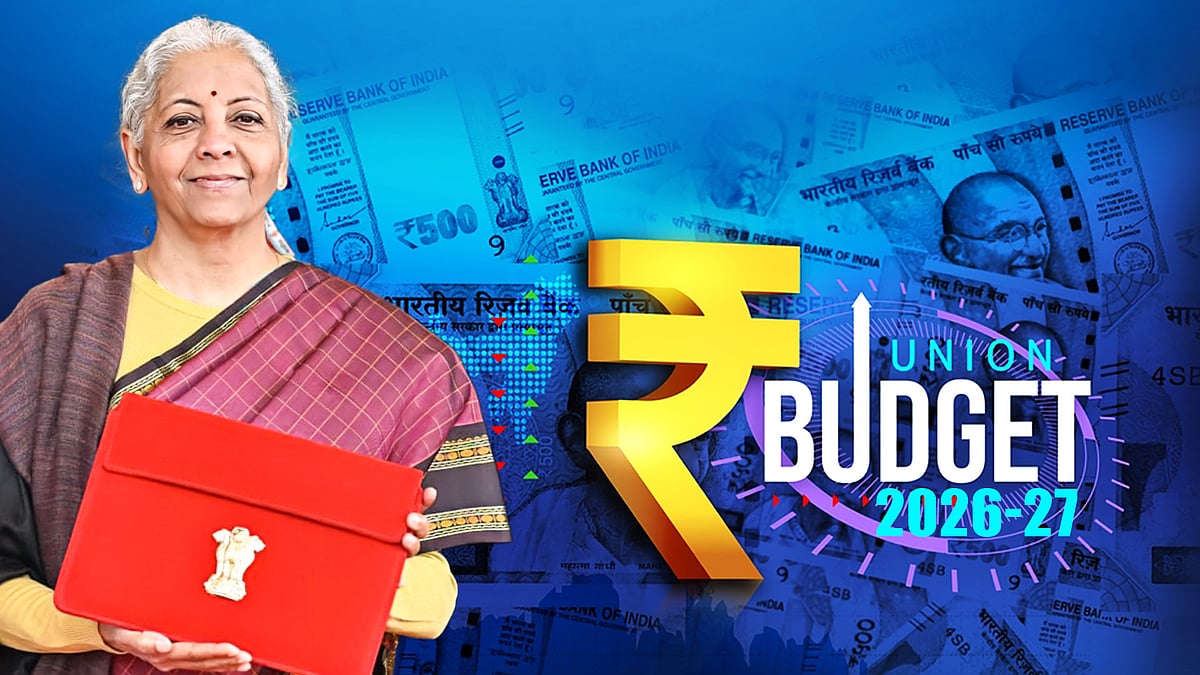Mumbai: The Reserve Bank of India (RBI) has announced a major change by extending loan eligibility to silver, alongside gold. Under the new Reserve Bank of India (Gold and Silver (Loans) Directions, 2025), individuals will now be able to avail loans against their silver jewellery and coins. This new regulation will come into effect from April 1, 2026, and will apply to all commercial banks, small finance banks, cooperative banks, non-banking financial companies (NBFCs), and housing finance firms.
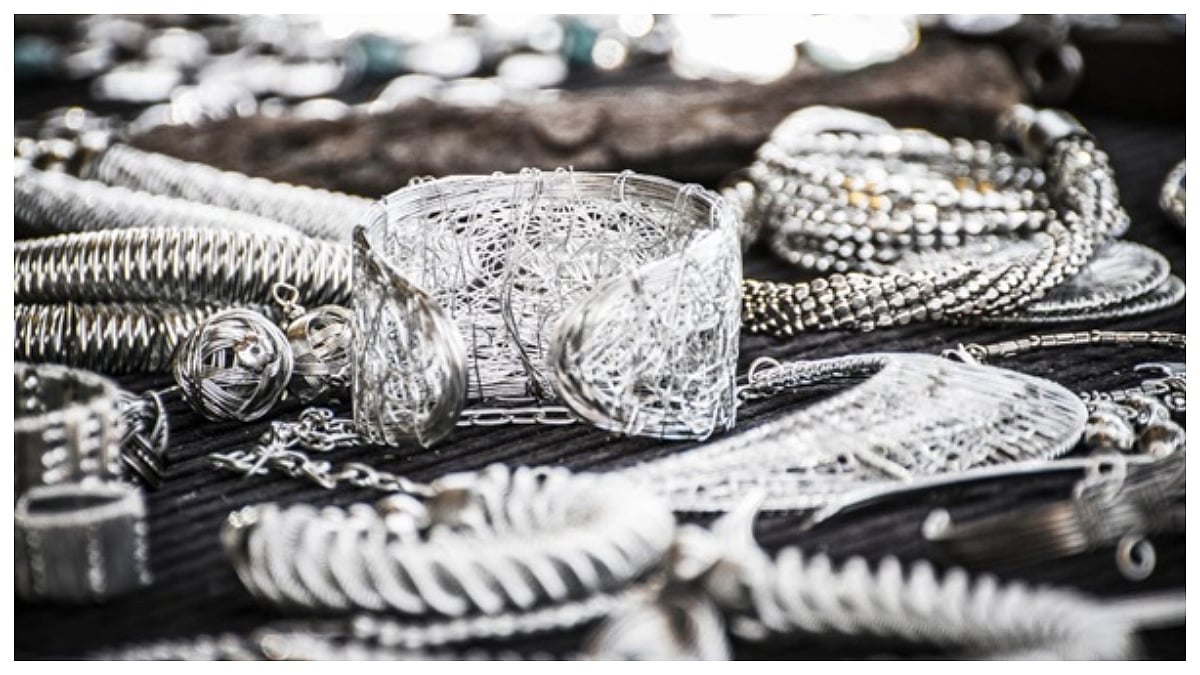
What Can Be Pledged
As per the new rule, loans can only be taken against jewellery and coins. Pure bullion—such as gold or silver bars—or assets like Gold Exchange Traded Funds (ETFs) and mutual funds will not be eligible for loans. The RBI has also set quantity limits: individuals can pledge up to 1 kilogram of gold jewellery, 10 kilograms of silver jewellery, 50 grams of gold coins, and 500 grams of silver coins.
Loan-to-Value Ratio and Eligibility
RBI has clearly defined the Loan-to-Value (LTV) ratio for silver and gold loans. For loans up to Rs 2.5 lakh, banks can lend up to 85 percent of the asset’s value. Loans between Rs 2.5 lakh and Rs 5 lakh will have an LTV limit of 80 percent, while loans exceeding Rs 5 lakh will have a maximum limit of 75 percent. For instance, if your silver jewellery is worth Rs 1 lakh, you can receive a loan of up to Rs 85,000.
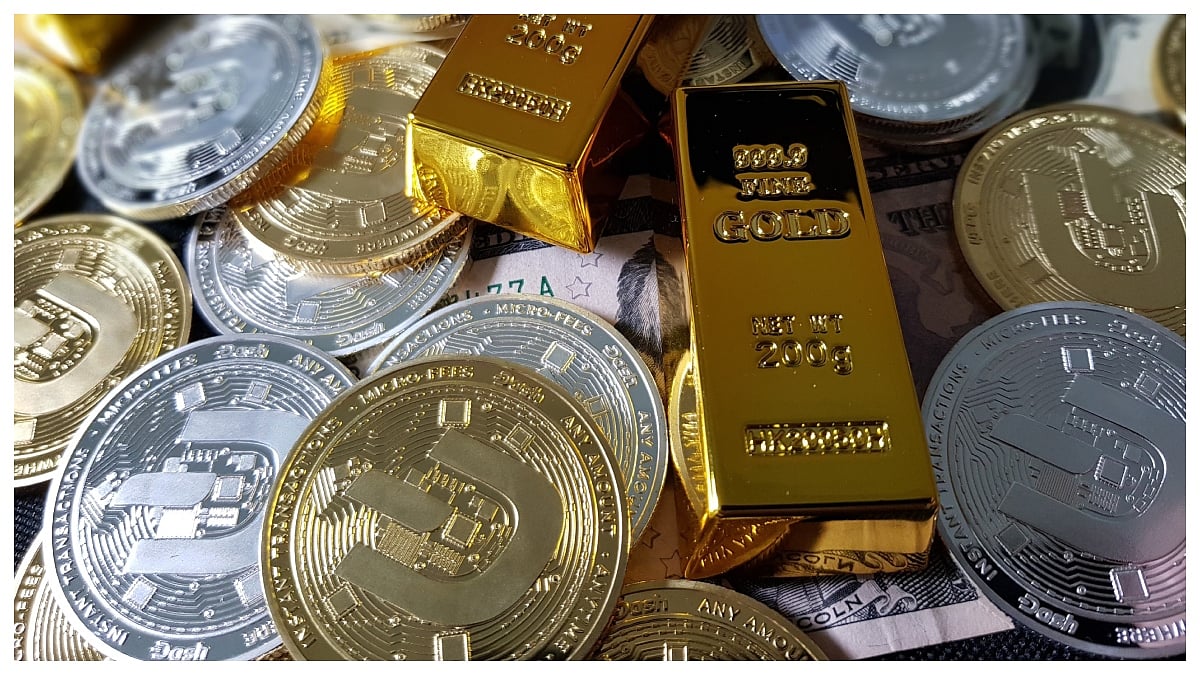
How the Value of Silver Will Be Assessed
To determine the value of pledged silver, banks will use either the average market price of the past 30 days or the previous day’s closing rate, whichever is lower. This rate will be sourced from the India Bullion and Jewellers Association (IBJA) or any recognized commodity exchange. Importantly, the value of gemstones or other metals in jewellery will not be included.
Return and Auction Rules
After the borrower repays the loan, the bank must return the pledged gold or silver within seven working days. In case of delays caused by the bank, the customer will receive a compensation of Rs 5,000 per day. If the loan is not repaid, the bank can auction the pledged items, but not below 90 percent of their market value. If jewellery remains unclaimed for over two years, it will be marked “unclaimed,” and the bank must make special efforts to contact the owner.
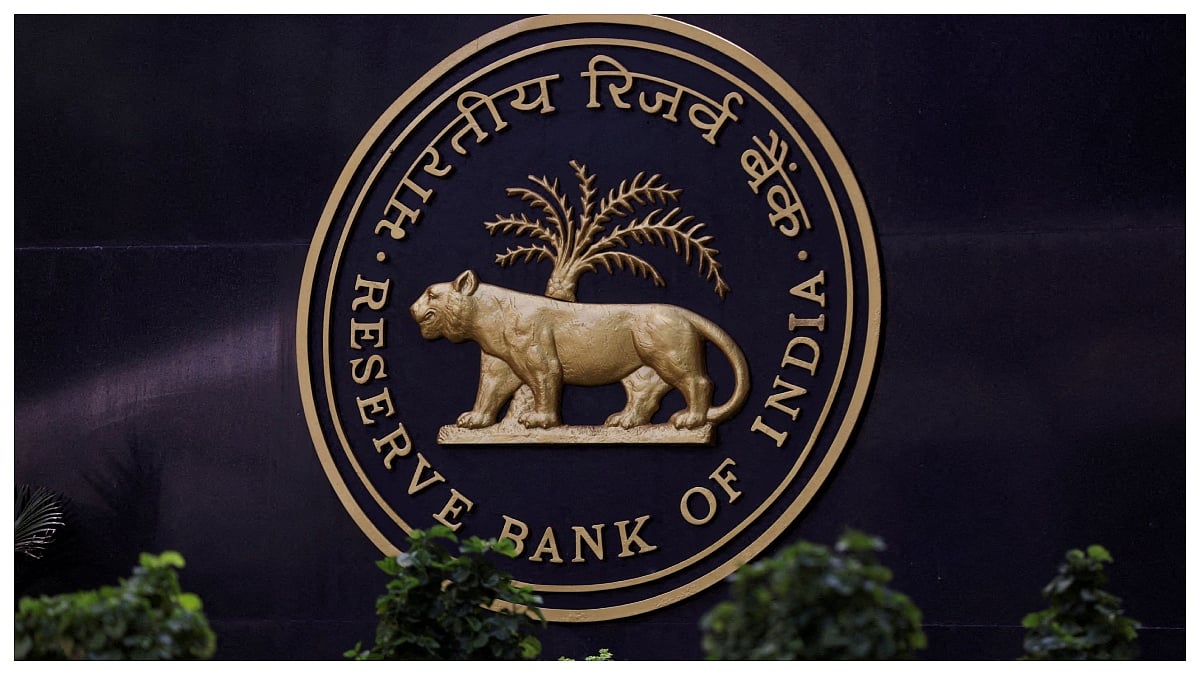
A Step Toward Transparency
This move by the RBI is seen as a significant reform to bring transparency and security in lending practices related to precious metals. By including silver under the loan framework, the central bank aims to empower borrowers and ensure fair valuation and safer transactions.
